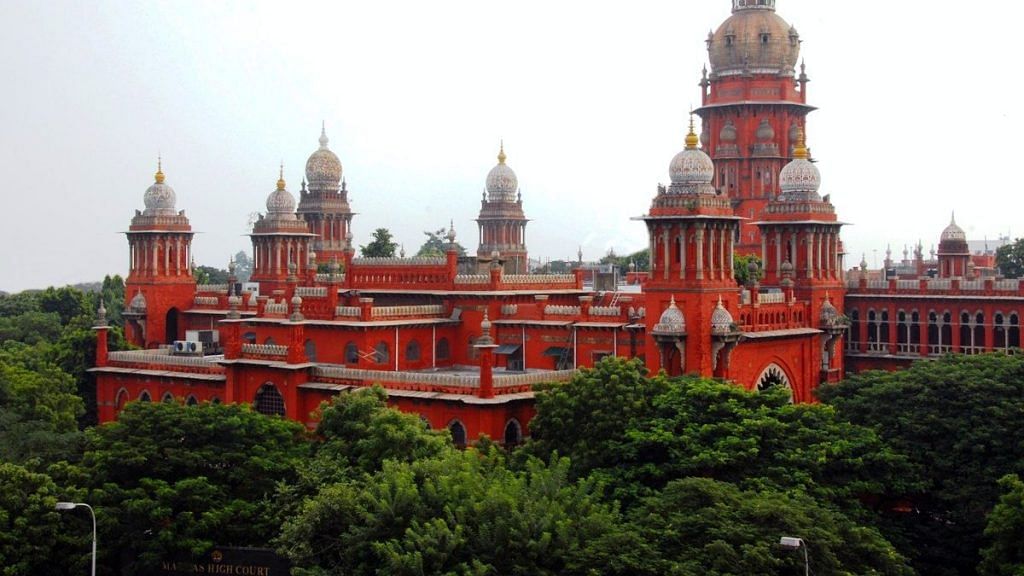New Delhi: The Madras High Court Wednesday quashed criminal defamation complaints filed against several editors and journalists, including N. Ram, Siddharth Varadarajan and Nakkeeran Gopal.
Justice Abdul Quddhose said the attitude of the State while dealing with defamation cases should be like parents dealing with their children.
“State is like a parent for all citizens in so far as Defamation law is concerned. It is normal for some parents to face vituperative insults from their children… The attitude of the State with regard to defamation must also be the same as their tolerance level towards its citizens in so far as defamation is concerned must be akin to that of parents,” the court observed.
It then asserted that the state government should therefore only sparingly use criminal defamation, and that it should not become an “impulsive prosecutor in criminal defamation matters that too in an era of social media where there are scores of abusive contents made against public figures”.
Towards the end of the 152-page judgment, the judge also urged the media to “introspect from within and help in nation building for the betterment of the generations to come”. This was after he observed that there was “decay happening” in the media.
“Our nation has always respected the role of the media and has highest regard for their independent and truthful reporting. But of late for quite a number of years, there seems to be some decay happening in every sphere of democracy including the Media. If the rottenness is not removed sooner than later, it will spread like fire causing great peril to our robust Democracy,” the court observed.
The complaints were filed in 2012 alleging “criminal defamation against the State”. Most of these complaints were over reports against then chief minister of Tamil Nadu, J Jayalalithaa.
Also read: New panel of officials, ‘credible journalists’ to help improve India’s press freedom rank
‘Truth, good faith’ taken as defence
Section 199(2) of the Code of Criminal Procedure allows complaints of defamation of State or constitutional functionaries such as the President or the Governor, to be filed through the public prosecutor, in the sessions court. Section 199(6) allows the public servant or constitutional functionary to file a criminal defamation case themselves. Therefore, while 199(2) is for defamation against the State, 199(6) is for defamation complaints which are personal in nature.
The editors and journalists concerned had filed petitions in the Madras High Court challenging the government sanction granted to the public prosecutor to file these complaints under Section 199(2), on the basis of news reports.
In their petitions, the editors and journalists had taken the defence of their articles being true, of having written the articles in good faith, of reflecting on the functionary’s public conduct, or on the functionary’s conduct touching on a public question.
State filing too many criminal defamation cases: HC
The court referred to the data for cases under Section 199(2) of the CrPC and noted that a total of 226 such cases were pending in the sessions courts.
Advocating the “menace” to be “nipped in the bud”, it observed, “As seen from the data, irrespective of political party who is in power, cases under section 199(2) Cr.P.C. have been filed. In many cases, the High Court has stayed the prosecution.”
It also highlighted the role of the public prosecutor in such cases and said he cannot act like a “mere post office” while filing the complaint.
The court went on to examine every publication individually and concluded that the state government had granted sanction to file the defamation complaints without proper application of mind.
It then quashed the complaints, ruling that some of them did not allege that the State had been defamed, which it said, formed the essence of a criminal defamation complaint filed through the public prosecutor. For others, it said they could be prosecuted for criminal defamation under Section 199(6) and not 199(2).
Also read:No one can become authority to pre-decide what can be published in press: Delhi court
